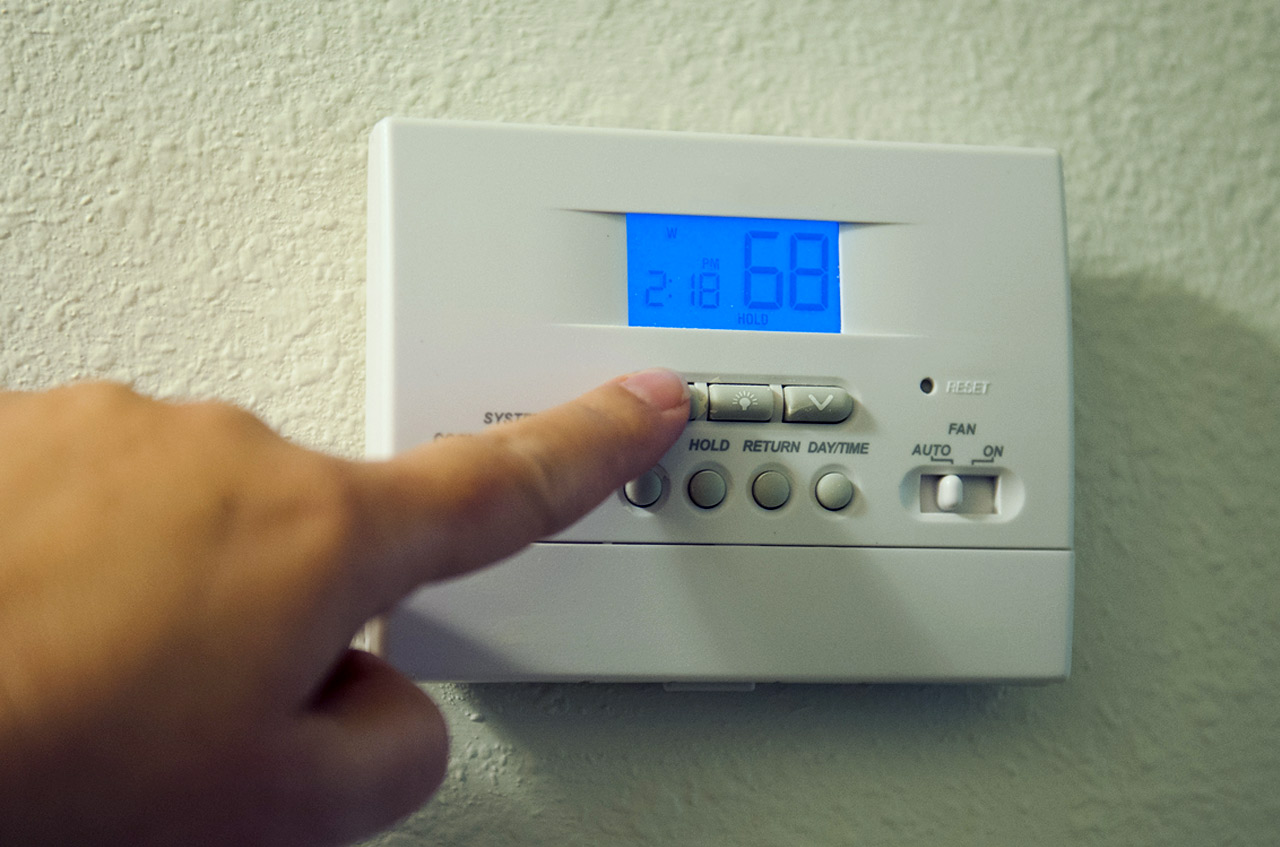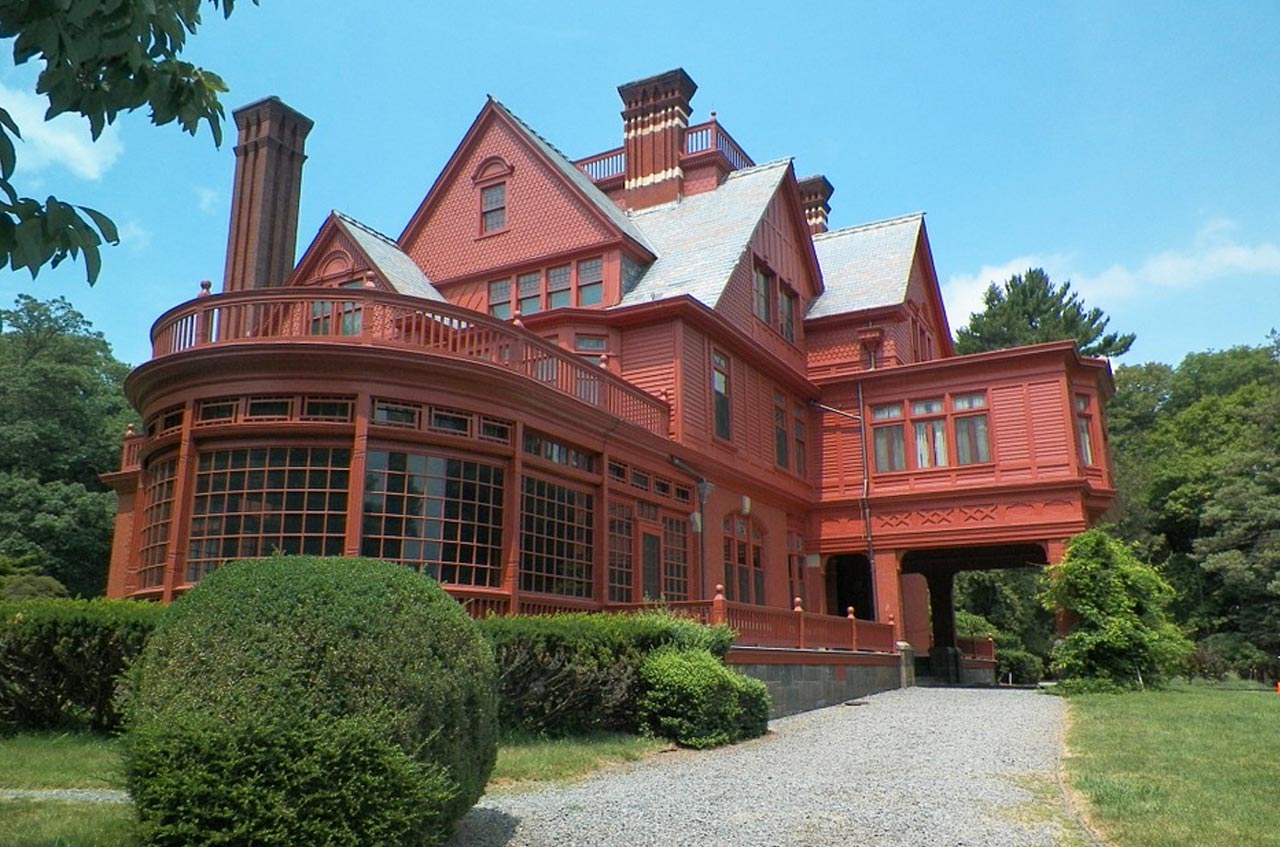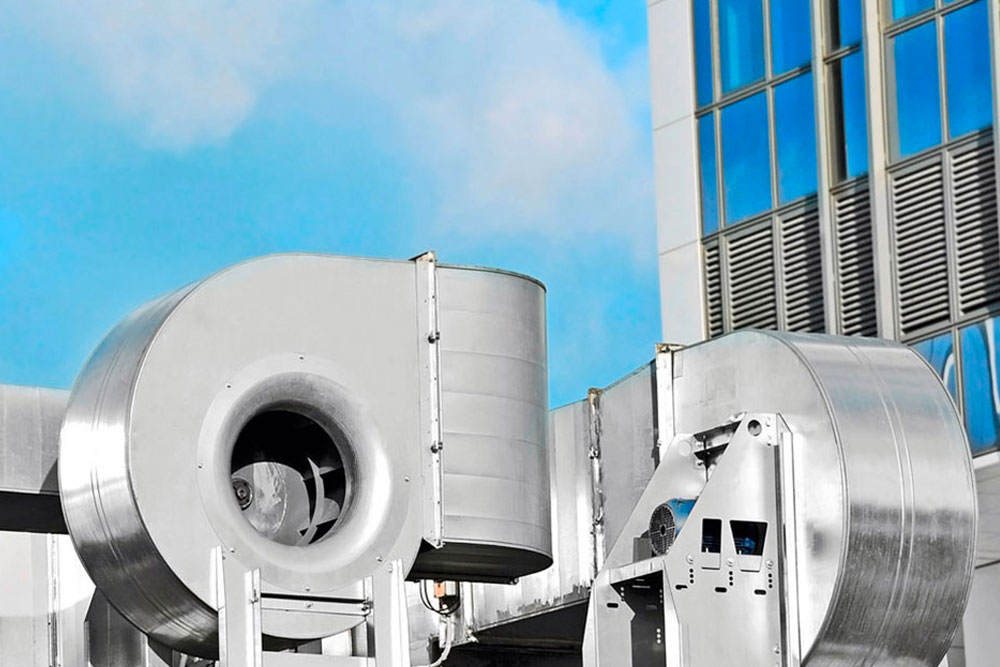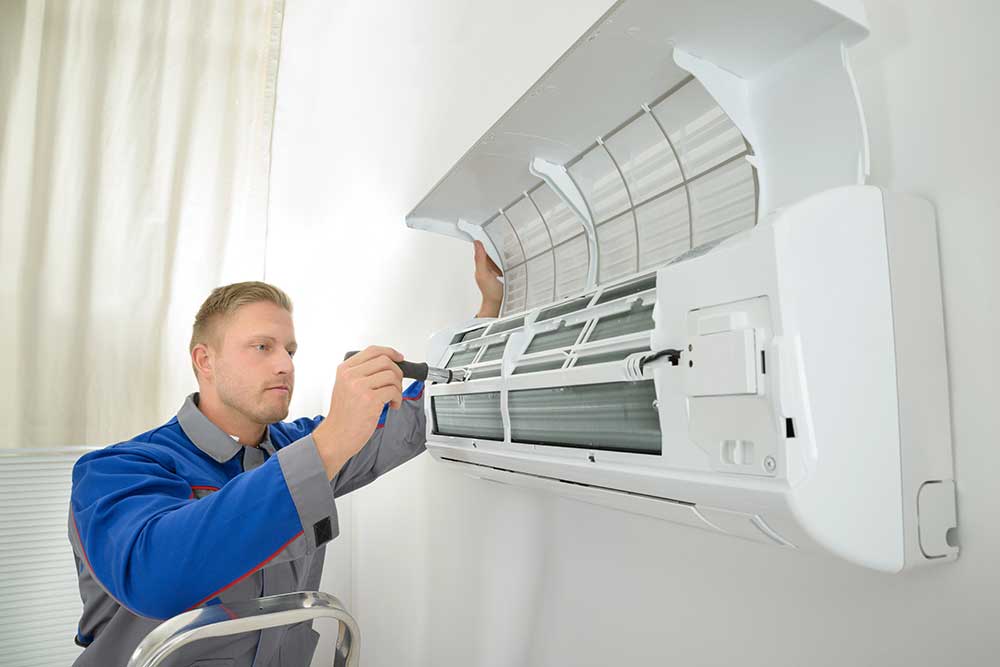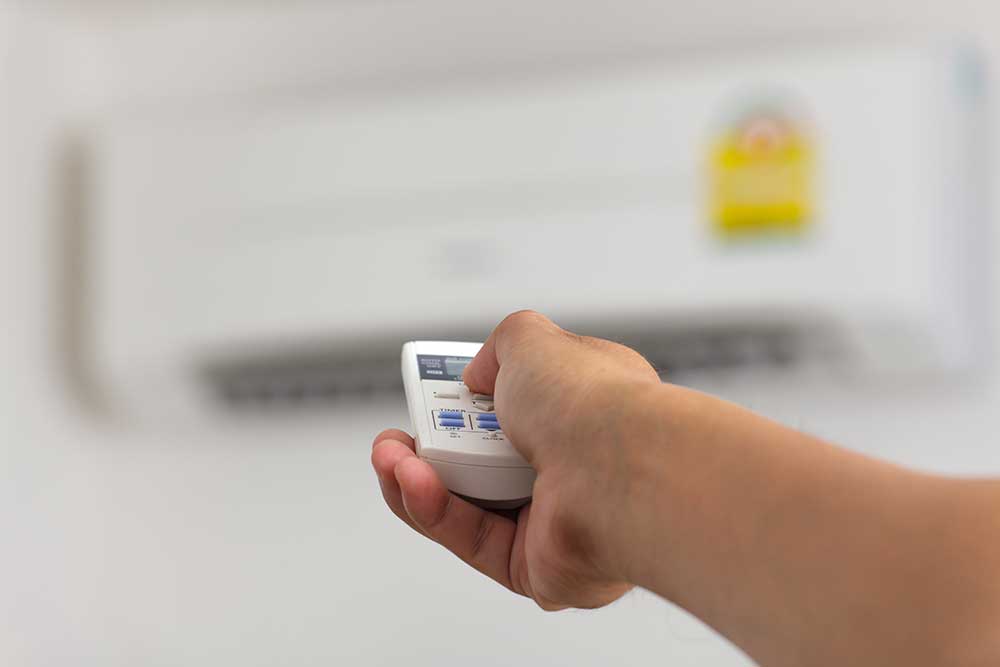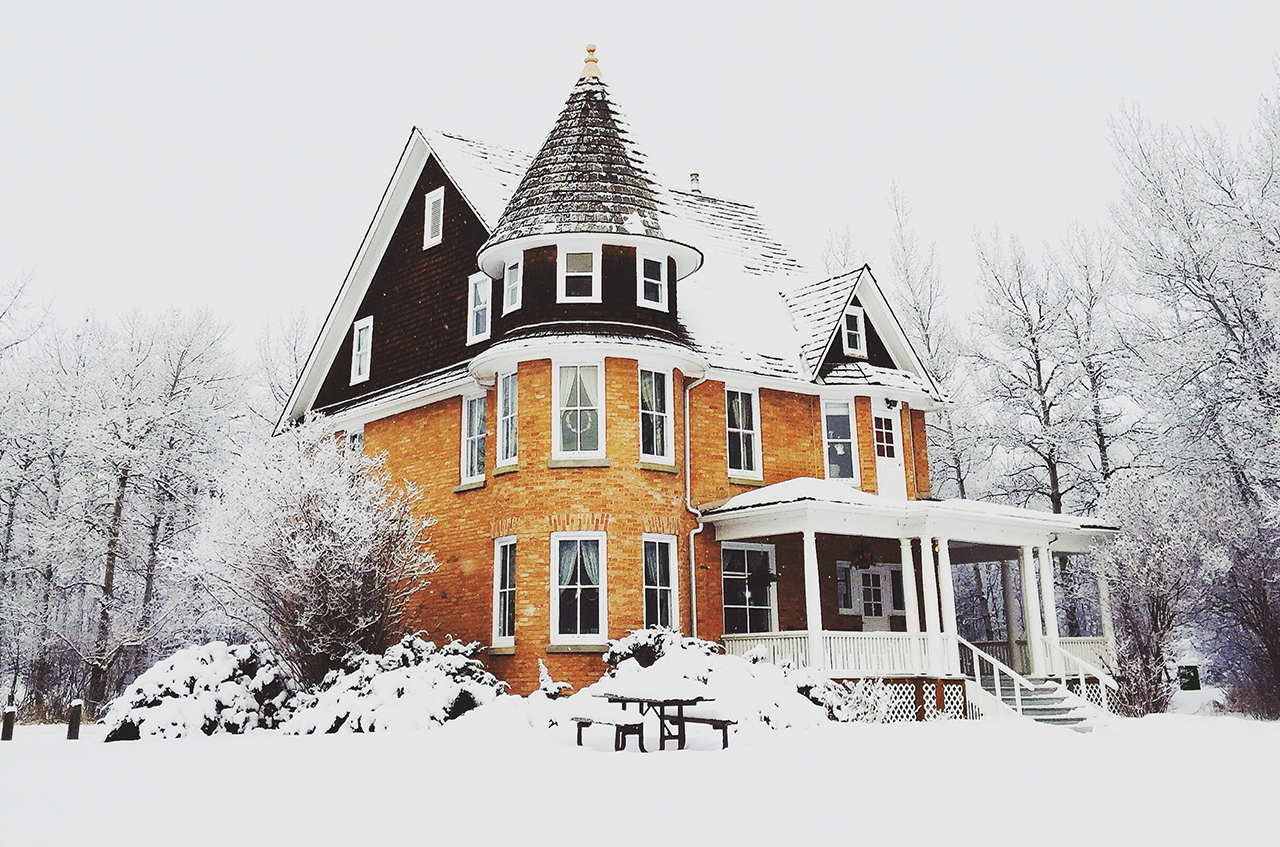
When a snowstorm is predicted, it takes more than a trip to the grocery store and stocking up on food to make sure you can ride out the weather comfortably. Inspecting your heating system and performing some basic preventive maintenance in the home will help make sure your family stays safe and comfortable, no matter the temperature.

